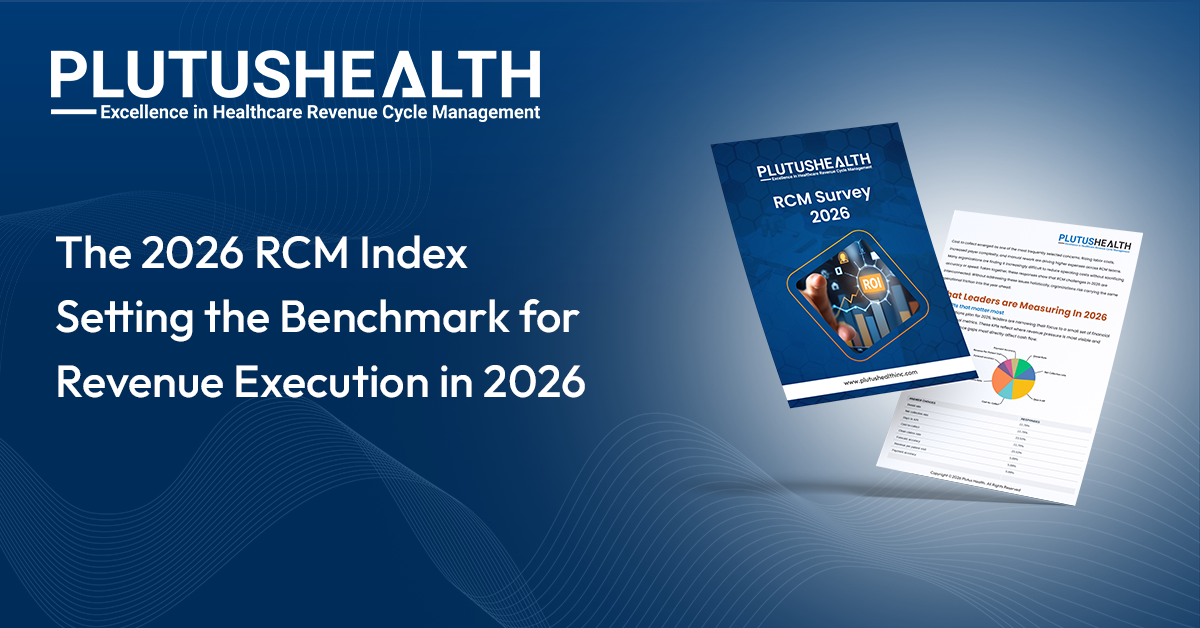4 Tips to Avoid or Handle Insurance Audits for an ASC
Insurance audits are a review that payers conduct on healthcare providers. Typically, the purpose of a review is to verify accuracy in insurance reporting and highlight non-compliance practices of a billing team which has resulted in overpayments. To accurately perform this audit, payers will request records of the provider’s coding and billing history for a specific period.
Audits may be a routine checkup instead of an investigation of suspected wrongdoing. However, failing an audit can result in anything ranging from charge refunds to imprisonment. Minor errors that seem inconsequential can have serious consequences.
For Ambulatory Surgical Centers (ASCs) to create high standards for organizational strategies in streamlining billing, coding, and record-keeping processes.
To avoid insurance audits, ASCs should follow these four tips.
Maintain Accurate Patient Information
Patient information is possibly the most basic yet most essential piece of the billing cycle. Data, such as name and date of birth, are simple enough for even a rookie clerk to review and enter accurately.
The early stages of scheduling are crucial to root out long-running mistakes. However, one typo can have cascading effects that upset the whole process. To ensure your administrative integrity, instill key checks and balance processes for your staff.
Always ask your patients to come in early to fill out paperwork. If a consumer arrives late, it may be tempting to rush or skip this data collection. However, administrators must consistently give out these forms and review them for inconsistencies. Misspellings, inaccurate contact information, and blank fields are standard errors. Remind your staff about how detrimental a tiny mistake can be and not cut corners. Staff should be instructed on how to avoid preemptively
difficulties by researching and documenting a patient completely before scheduling.
Follow Healthcare Codes
While audits can be stressful, they may lead to a good result. Insures can bring in new information that streamlines a practice’s workflow. However, if a payer demands a quick behavior turnaround, practices can be overwhelmed. Adopting rigid standards ahead of time avoids this shake-up.
For national healthcare, the Healthcare Common Procedure Coding System (HCPCS) provides clear standards of what codes to assign to patients under what circumstances. Consistently following this system is integral to any clinic’s success. Ensure that your team systematically adheres to HCPCS without taking shortcuts.
A great way to ensure that your staff meets coding standards is to conduct internal audits. Have some of your team analyze claim denials to find common trends. Once this review finishes, write a report detailing these errors and a plan for future improvement. Scheduled or pop audits may be more effective, depending on your team. Not only will this process improve your existing coders, but the reputation of a well-oiled machine will attract top coders in the future.
Keep Detailed Records
An audit is a review of a practice’s history. So, following procedures in the billing and coding process is not enough. Accurate, clear records are essential to satisfy insurers. Records start as early as the scheduling process. List time of surgery, the physicians involved, medical necessity, and service offered.
Be as specific as possible. Specificity helps paint a clear picture in insurers’ minds that helps undermine common confusion. For example, while consultations of patients happen on separate days from a procedure, they are typically billed for in the same package. Avoid recording components like these as individual bills.
Avoid Unfair Insurance Agreements
Practices can mitigate the effects of audits as early as the insurance agreement stage. Many insurances deal financially capitalize on the ignorance of practices. Your clinic must read the terms of an agreement carefully before signing. Understand what risks your practice endures and what expenses you can cover.
Complying with payer requests can be pricey. As such, look for agreements that cover audit expenses. When you switch insurers, the new payer will give a grace period from the signing date to the first day the deal goes into effect. Use this period to revamp your procedures to ensure your staff complies with the new rules.
Some ASC teams may enact these suggestions and still feel unable to prevent an insurance audit. In such cases, consider hiring a professional billing service. Companies such as Plutus Health improve your revenue cycle management while limiting the chances of insurance audits. With our deep expertise in ASC payer policies and trends, we can help your team manage your claims and carefully watch out for issues before audits arise.
Contact us today to learn how we can help you.
Key Takeaways
1. Give patients plenty of time to fill out the information and review it.
2. Set clear coding standards for your team to perform and review this performance.
3. Record detailed information that lays out the billing and coding process.
4. Avoid insurance agreements that fail to cover audit expenses.

















































